The Unwanted Wars
Countries in the Middle East, such as Iran, Israel or Saudi Arabia, do not want a military confrontation. Yet, current circumstances conduce to the breaking out of just such a war
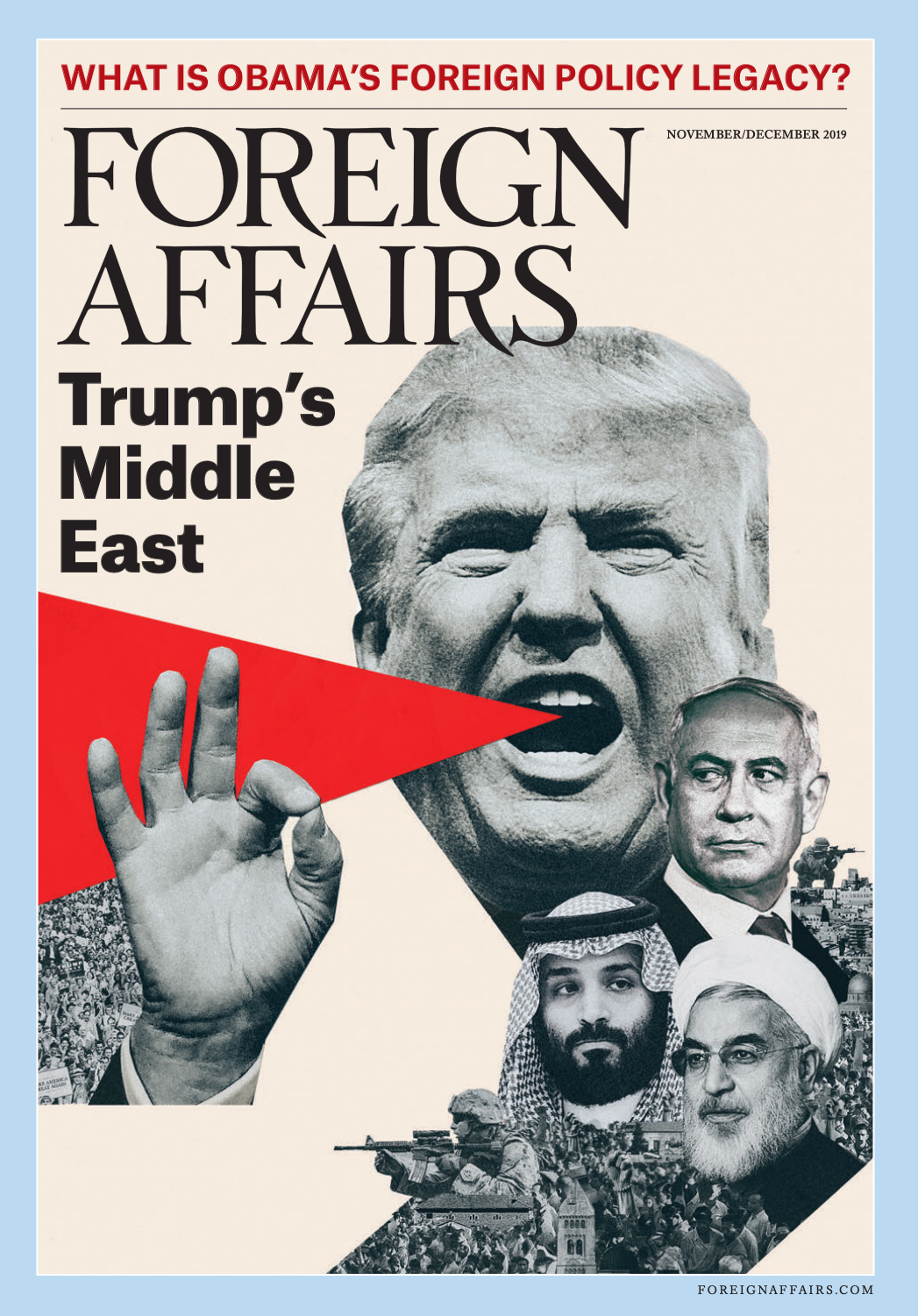 Courtesy: Foreign Affairs
Courtesy: Foreign Affairs
Countries in the Middle East, such as Iran, Israel or Saudi Arabia, do not want a military confrontation. Yet, current circumstances conduce to the breaking out of just such a war
Britain left the European Union on 31 January 2020. There will be no immediate outcome, but the intention of all the European leaders is to make it an amicable departure over the course of the year. Ambassador Neelam Deo, Director and Co-founder of Gateway House, discusses Brexit’s geopolitical implications and its impact on India’s relations with the EU and UK
 Courtesy: Sifra Lentin
Courtesy: Sifra Lentin
Bombay’s Hindi film industry has welcomed Pathan talent – venerated actor Dilip Kumar, scriptwriter Salim Khan and musician Adnan Sami Khan are some prominent examples. Many of them originally came from undivided India’s Pathan homelands in what is today’s Pakistan’s Khyber Pakhtunkhwa Province, entering the industry at an opportune time. Today, their descendants wear the Khan name with pride
 Courtesy: Shutterstock
Courtesy: Shutterstock
China’s clean-up of its cities and its success in improving urban air quality hold important lessons for India. But the outbreak of the corona virus and reports that news about it was initially suppressed tell a different story. While physical infrastructure is important, equally vital are a free media and an open society, where people are not afraid to speak
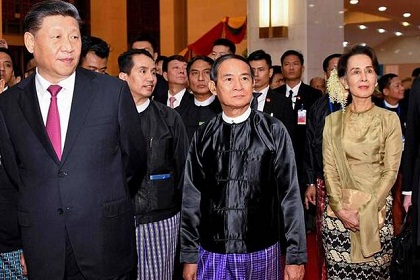 Courtesy: The Hindu/Handout
Courtesy: The Hindu/Handout
Chinese president Xi Jinping’s visit to Myanmar on January 17 highlighted the economic aspect of the two countries’ bilateral relationship. China has been Myanmar’s top partner for years. But more than the 33 agreements signed, the visit threw light on the region’s changing geopolitics and Myanmar’s own compulsions in growing closer to China
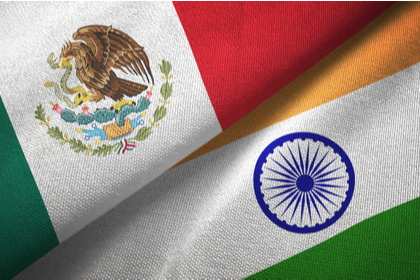 Courtesy: Shutterstock
Courtesy: Shutterstock
This year marks the completion of 70 years of diplomatic relations between India and Mexico – but the full potential of this bilateral relationship has not been explored. Mexico exports oil to India, and hosts facilities of the Indian auto, IT and pharma sectors. There are three profitable reasons to intensify the bilateral, fulfilling both the diplomatic and business agenda
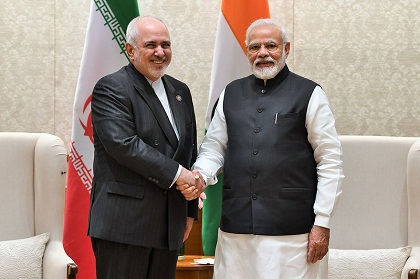 Courtesy: MEA/Flickr
Courtesy: MEA/Flickr
India-Iran ties span culture, economics and geopolitics. Iran is one of India’s most important neighbours and must be viewed on its own standing, not through a Western prism. Gateway House has an extensive repository of research and reporting on Iran, ranging from India-Iran historical ties, Iran’s role in India’s energy security and the impact of U.S. sanctions on Iran and on India, which helps to better understand this crucial nation.
 Courtesy: MEA/Flickr
Courtesy: MEA/Flickr
Iran’s foreign minister Javad Zarif was in Mumbai on 16-17 January 2020, just days after the Iran-U.S. showdown in Iraq and the assassination of Iran’s top general. Zarif explained Iran’s dilemma to audiences in India and was hoping for public support. But the fact is that the January tensions are not Iran’s problem alone; it’s a global game-changer that has propelled the formation of new alliances
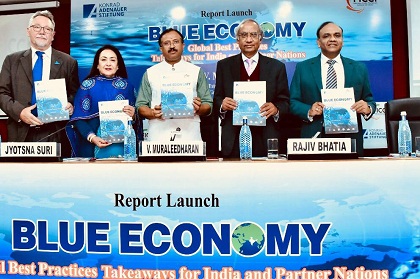 Courtesy: FICCI
Courtesy: FICCI
This is a transcript of a speech delivered by Ambassador Rajiv Bhatia, Chair, Federation of Indian Chambers of Commerce and Industry (FICCI) Core Group of Experts and Taskforce, at the launch of a study on the Blue Economy
 Courtesy: Shutterstock
Courtesy: Shutterstock
Sanctions, a form of imposing control and pressure, traditionally focused on countering nuclear proliferation and trade-related disputes. Recently countries have expanded their scope and impact by using them as potent tool of warfare